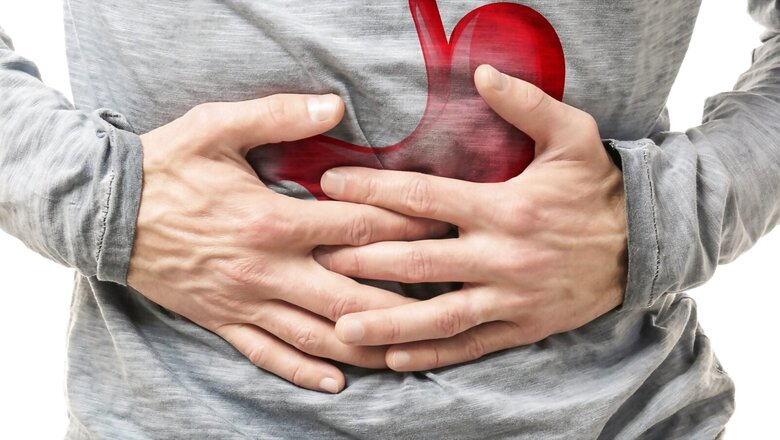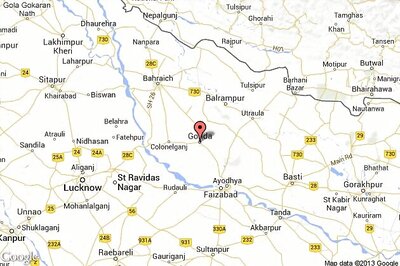
views
Stomach cancer is the world’s sixth-most prevalent cancer and stands fourth in terms of mortality. In the year 2020, a total of 7,69,000 deaths were recorded due to this chronic disease, as per World Health Organisation (WHO). Stomach cancer, also known as gastric cancer, is hard to detect in the early stages. It takes time to develop and can only be detected after it has spread outside the stomach region, as per cancer.org.
Stomach Cancer signs and symptoms
Exhaustion, unintended weight loss, poor appetite, stomach pain or discomfort, nausea, vomit, bloody or black faeces, heartburn, and poor digestion – these are some of the symptoms. People with stomach cancer may also experience bloating after eating, reported webmd.
What are the possible risk factors?
Because of the blurriness of its symptoms, recognising the risk factors for stomach cancer becomes slightly difficult.
As per webmd, use of tobacco, obesity, diets rich in salt and poor in fresh produce, and exposure to environmental factors such as dust and fumes can lead to stomach cancer.
Treatment for stomach cancer
Surgery, chemotherapy, radiation therapy, targeted medication therapy, immunology, or a combination of these treatments are all options for treating stomach cancer. The treatment option relies on whether the cancer is limited to the stomach or has spread to other parts of the body. Your age and general health will also influence your treatment options. The location of cancer might also influence treatment options. Cancers that begin or spread to the GE junction, for example, are often staged and treated in the same way as esophagus cancer.
Read all the Latest Lifestyle News here



















Comments
0 comment